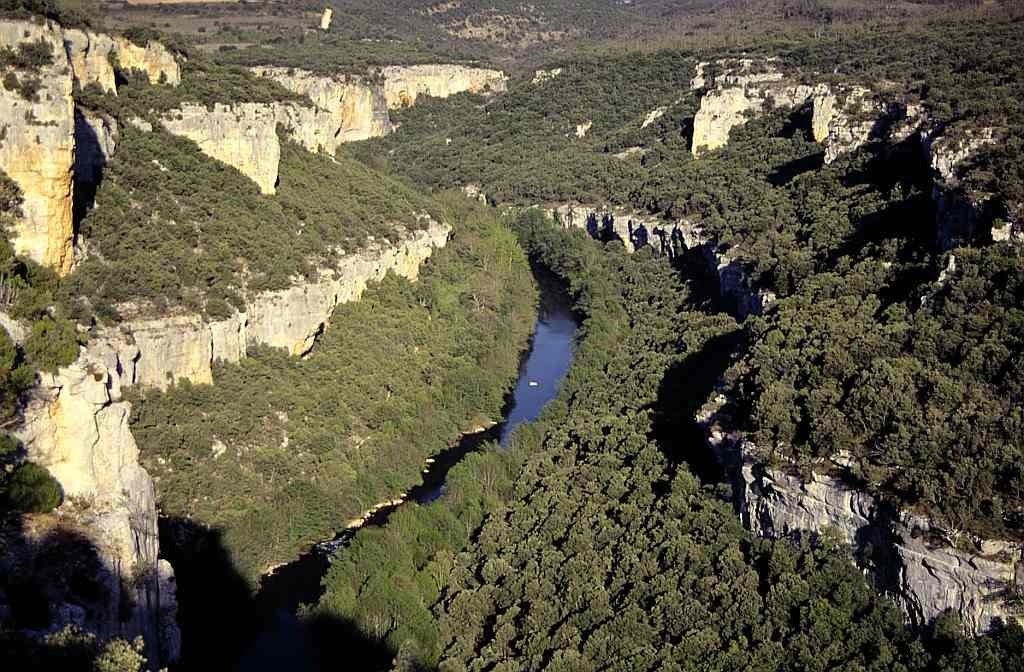- Region: Castilla y Leon
- Province: Segovia
- Declared a Natural Park: 1989
- Park surface area: 5,037 hectares
- Towns and villages Carrascal del Río, Sebúlcor, Sepúlveda
Points of interest
The relatively small Hoces del río Duratón Natural Park is a jewel in the countryside in the province of Segovia. Its name refers to a 27 kilometre stretch of the Duratón River and “Las Hoces” refers to the series of gorges, some up to 100 metres high, that have been formed by the river..

I’ve been living in this lovely area of Western Andalucia for the last 20 years or so and dedicate most of my time to the running of English language tourist information websites for the towns of Cádiz, Ronda, Grazalema, the famous or infamous Caminito del Rey, and also Wildside Holidays, which promotes sustainable and eco-friendly businesses running wildlife and walking holidays in Spain. My articles contain affiliate links that will help you reserve a hotel, bus, train or activity in the area. You don’t pay more, but by using them you do support this website. Thankyou!




